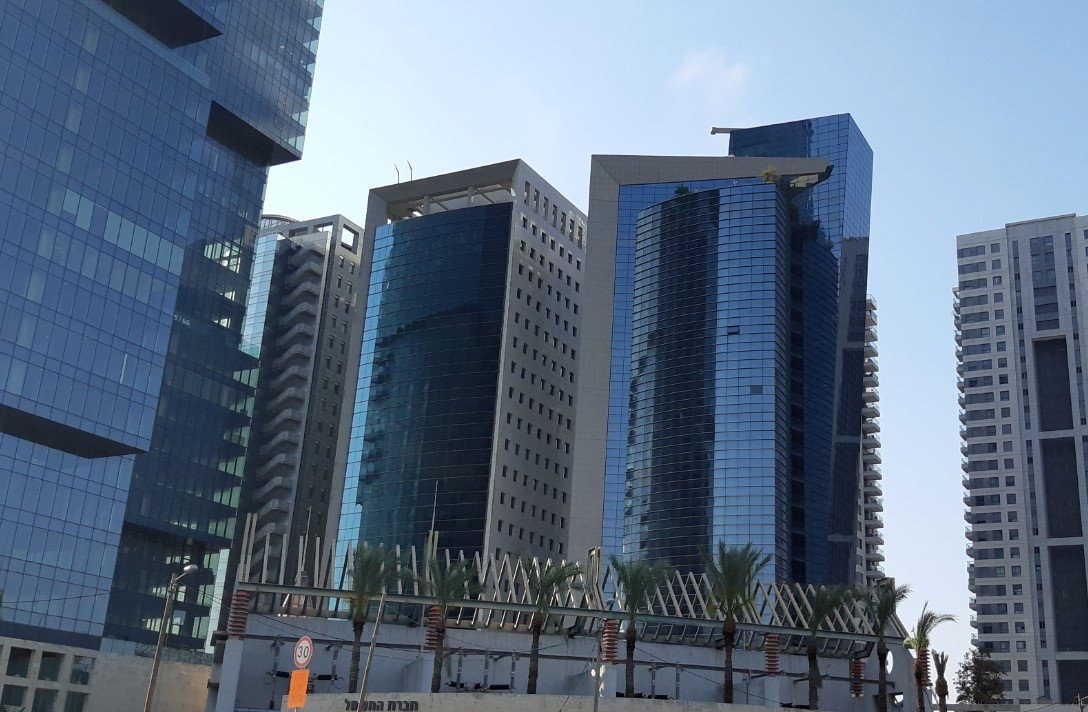In the ever-shifting landscape of global mobility, two cities in the Middle East stand out for their significant cost implications for expatriates: Dubai and Tel Aviv. These urban hubs have emerged as some of the most expensive locales for international workers, reflecting a broader trend of escalating living expenses in major global cities.
Dubai has ascended to become not only the most expensive city in the Middle East but also ranks 15th globally for expatriates. This represents a notable climb of three positions from the previous year, underscoring the city’s growing economic stature and the corresponding cost of living. Conversely, Tel Aviv has witnessed a decline, dropping eight places to become the second most costly city in the region and 16th worldwide.

Regional Rivals and Global Giants
While Dubai and Tel Aviv grapple with their high-cost statuses, other cities in the region present a stark contrast. Tunis and Ankara are cited as some of the least expensive cities for expats in the Middle East. This disparity highlights not only regional economic diversities but also the varying challenges and opportunities faced by international workers depending on their city of residence.
The Future Financial Landscape
As global economic dynamics continue to evolve, so too will the financial demands placed on expatriates. Cities like Dubai and Tel Aviv serve as barometers for these changes, reflecting broader economic trends and influencing expat decision-making. The question remains: how will these cities adapt to maintain their allure to international talent amidst rising costs?
